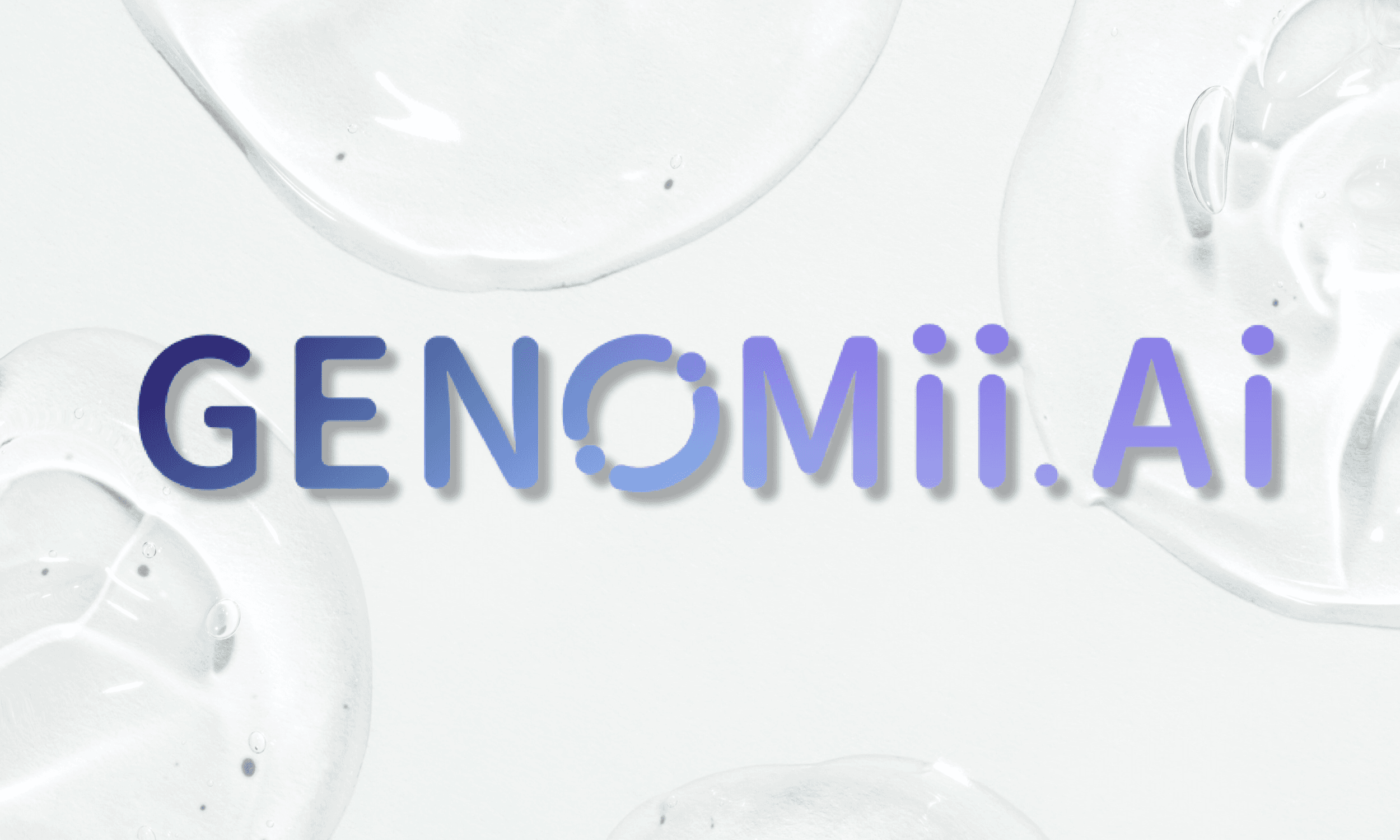The Link Between Facial Features and Health
Aug 2, 2024

How Does Traditional Chinese Medicine (TCM) View It?

Traditional Chinese Medicine (TCM) has long used facial features as a diagnostic tool, viewing the face not just as a reflection of external appearance but as a window into internal health. According to TCM, different areas of the face correspond to specific internal organs, and changes in skin texture or color can signal imbalances or potential health concerns within the body.
The Connection Between Facial Zones and Internal Organs

In TCM, the face is divided into distinct zones, each linked to particular organs or systems. For instance, the forehead relates to the heart and small intestine. Redness or breakouts in this area might suggest heart heat or digestive issues. The nose is associated with the spleen and stomach, so any discoloration or excessive oiliness could indicate digestive imbalances. The cheeks correspond to the lungs; dull or reddish skin here may point to lung deficiency or respiratory problems. The chin is connected to the kidneys and reproductive system, so frequent breakouts in this region might signal kidney weakness or hormonal imbalances.
A Practical Example: Facial Diagnosis in Action

Consider a case where a person frequently experiences breakouts on their nose. According to TCM, this can be related to spleen and stomach imbalances. A TCM practitioner might use this information to address underlying digestive issues with appropriate treatments. For example, a woman with persistent nose breakouts found that improving her digestive health through dietary changes and herbal remedies led to noticeable improvements in her skin condition.
( Genetic and Facial Feature)
While TCM emphasizes the connection between facial features and internal health, our genetic makeup influences various aspects of our health, including skin reactions and nutrient absorption. For instance, genetic variations can affect how our skin responds to environmental stressors or how efficiently our bodies process certain nutrients.
This means that even when facial symptoms are similar, the underlying causes may differ. For example, while TCM might link nose breakouts to digestive imbalances, genetic factors could also play a role in how an individual’s skin responds. This highlights the need for a personalized approach to health that integrates both TCM wisdom and modern genetic insights.
Inviting Thought and Discussion

Traditional facial diagnosis in TCM offers a unique perspective on understanding individual health, but could integrating modern genetic testing deepen this diagnostic approach? For example, could certain facial features not only relate to internal organ health but also have underlying genetic connections?
Can combining genetic information truly enhance the accuracy of facial diagnosis, or might it lead to more controversy?
